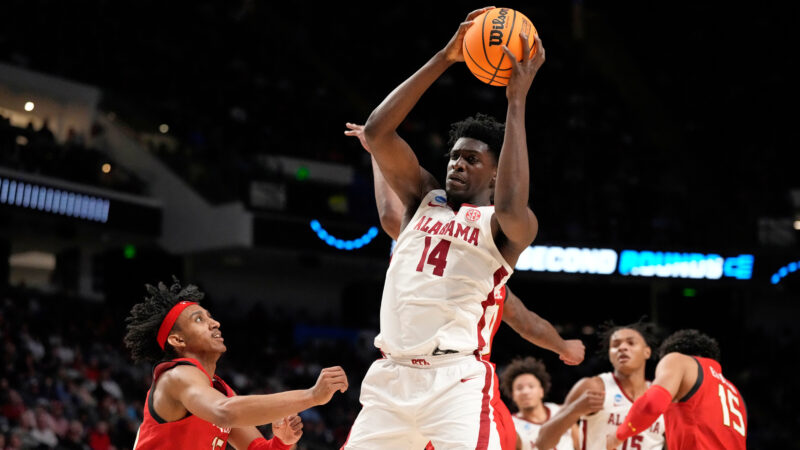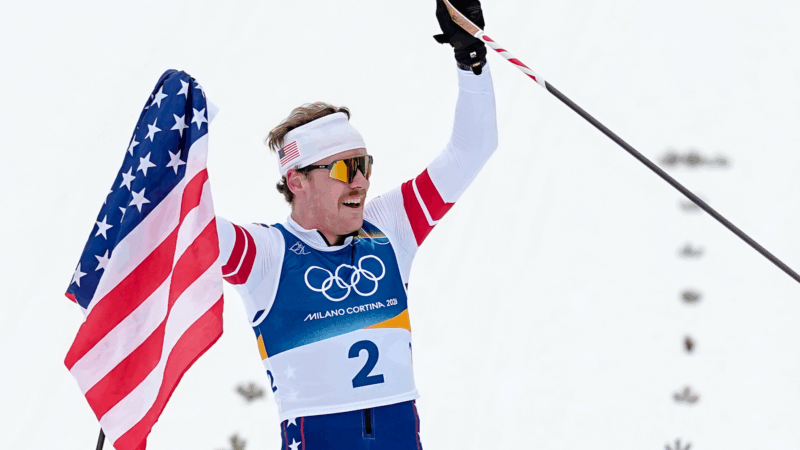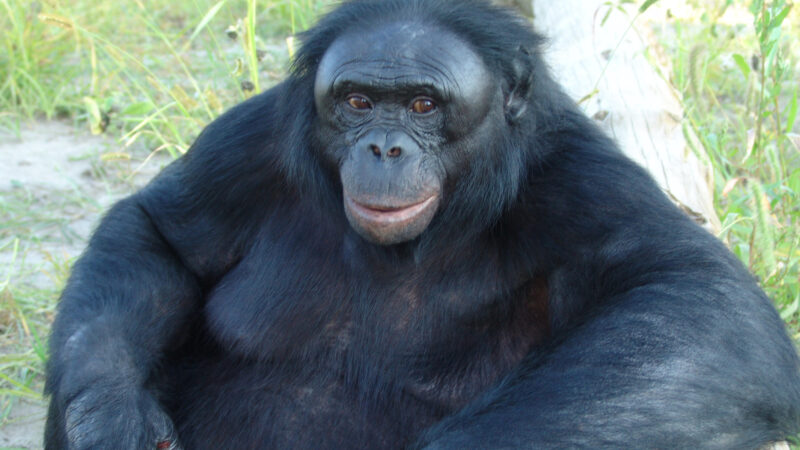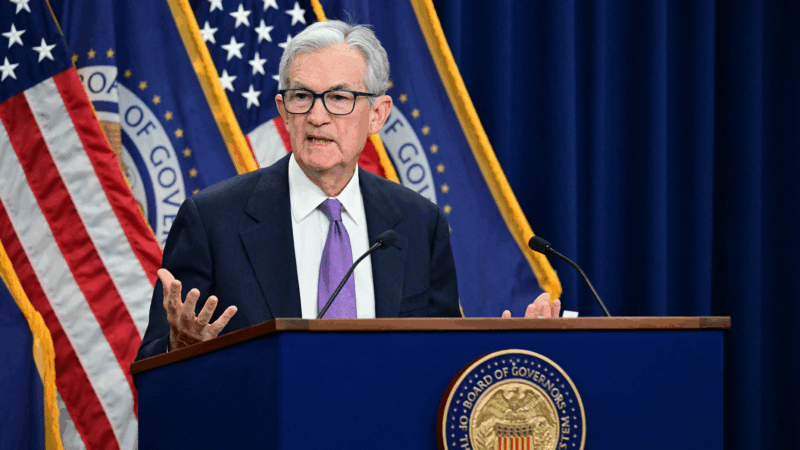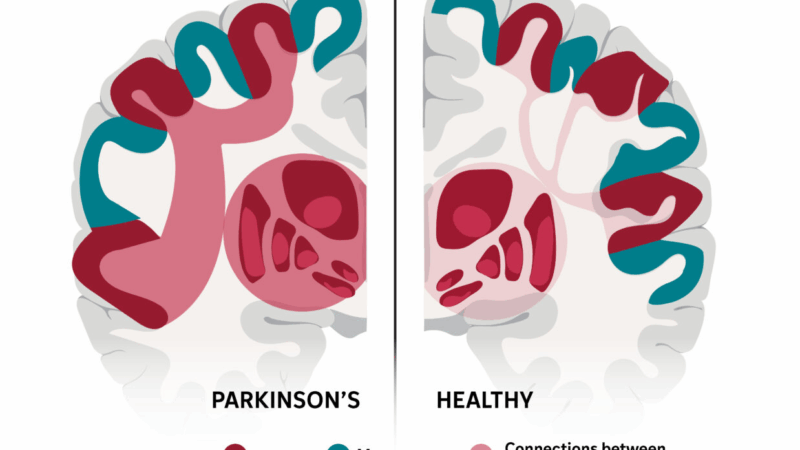Art of the praise: Why flattering Trump is now the go-to diplomatic move
There’s a pattern in many of President Trump’s interactions with other world leaders. You might call it “the art of the praise” – and they are serving heaping amounts of flattery.
When Prime Minister Kier Starmer of the U.K. paid a visit to the White House in February, he brought a letter tucked in his jacket pocket. It was a formal invitation from King Charles III for a rare second state visit, presented to Trump with rhetorical flourish in the Oval Office.
“This is really special. This has never happened before,” Starmer said. “This is unprecedented, and I think that just symbolizes the strength of the relationship between us. So this is a very special letter.”
Then, in July, Israeli Prime Minister Benjamin Netanyahu brought Trump another letter, one he said he had sent to the Nobel Committee.
“It’s nominating you for the Peace Prize, which is well deserved and you should get it,” Netanyahu said to Trump. Trump has long coveted the Nobel Peace Prize, and responded with a “wow.”
Two days later at another White House event, the leaders of multiple African nations concurred when prompted by a friendly journalist. Trump deserves the Nobel Peace Prize, the leaders said.

The president has been receptive to both honors, thanking Starmer and Netanyahu. But there’s strategy in the flattery, and it looks much different from Trump’s first White House term. During his first term, world leaders were skeptical and distant of Trump’s authority. Now, during his second, they’re more obsequious.
He’s back, and he’s powerful,” said Kurt Volker, a career diplomat who served during the first Trump term and is now, among other post-government roles, serving as a fellow at the Center for European Policy Analysis, a nonpartisan, public policy institution. He described the thinking of European leaders, especially: “He can do things that we like or don’t like, so we’d better make sure that he does what we like.”
And Trump isn’t just getting more praise, he’s getting results, said Volker. He points to the pledges from NATO alliance members to spend 5% of their GDP on defense by 2035, which Trump helped secure at the NATO summit in the Hague in June.
“And some of that is Europeans stepping up to do what they should have been doing already,” said Volker.
The White House points to the number of leaders who have come to Washington to meet with Trump, including repeat visits. The total is up to 23 so far, with many of them coming to the White House in hopes of securing a favorable trade deal with lower tariffs. That is far more than visited Presidents Biden and Obama during their first six months.
“The results speak for themselves: the President’s trade deals are leveling the playing field for our farmers and workers, trillions of dollars in investment are flooding into our country, and decades-long wars are ending – making the entire world safer and more prosperous,” said Anna Kelly, a White House spokesperson, in a statement to NPR. “Foreign leaders are eager for a positive relationship with President Trump and to participate in the booming Trump economy.”

There is another explanation. These leaders have “taken the measure of the man,” said Ivo Daalder. He is a senior fellow at the Belfer Center at Harvard and served as U.S. ambassador to NATO during the Obama administration.
He says Trump clearly wants to be seen as a winner, as a singularly important figure who achieves things that others can’t.
“So, flattery and saying he is the best, that he is the only person who could have achieved this outcome at this summit, is meant to first and foremost keep him on side,” Daalder says.
Last weekend, European Commission President Ursula von der Leyen made sure to compliment Trump before hashing out the final details of a trade agreement, calling him a “tough negotiator and deal maker.” Then she took a page right out of Trump’s playbook.
“If we are successful I think it would be the biggest deal each of us has ever struck,” von der Leyen said. Later, when they announced that a deal had, in fact, been struck, Trump proudly echoed von der Leyen’s language about it being the ‘biggest deal ever made.’
As with many of the trade deals Trump has announced, many of the particulars with the EU-U.S. agreement remain quite murky. But for Trump they are all wins, and he, as deal maker in chief, is the central protagonist.
This is another shift from the first term, when Daalder says many leaders tried to work with Trump’s secretaries of state or national security advisers. They were seen as “guard rails” or aides who could prevail upon Trump to get a certain outcome. But Daalder says that largely didn’t work. Trump was and is the decider, and foreign leaders and diplomats have now figured that out.
“He alone decides. And that means you have to deal with Trump in order to get any deal,” said Daalder. “And the only way to get a good deal is to flatter him.”
In the case of NATO, the flattery was fruitful. Trump has long been doubtful of the mutual defense alliance. Before their most recent summit, NATO Chief Mark Rutte sent a fawning text to Trump, which the president then posted on his social media site, Truth Social.
“You are flying into another big success in The Hague this evening,” Rutte wrote. “You will achieve something NO American president in decades could get done.”
Getting the NATO alliance members to agree to spend 5% of their GDP on defense was a major win for Trump and the alliance, which Rutte reiterated when the two were face to face.
“It’s absolutely true,” said Rutte. “I want to state here, without President Trump this would not have happened.”
This was the same appearance where Rutte appeared to refer to Trump as “daddy,” which the president and his merch-making-machine ran with.
“I think he likes me if he doesn’t, I’ll let you know,” Trump said of Rutte, when a reporter asked about the daddy reference. “He did it very affectionately. ‘Daddy, you’re my daddy.'”
This episode also proved that “shamelessness truly is a superpower” said Justin Logan, director of defense and foreign policy studies at the CATO Institute. He sees Trump’s leadership style as very personal and personalized, at times even “primal.”
“Nothing is forever. You can go from [Trump’s] nice list to the naughty list and back with some alacrity,” said Logan. “That’s the really unnerving thing. So I think the lesson here will be, keep larding on the praise, even if it doesn’t feel so great.”
For some of these leaders, there have been political consequences at home. In many countries, Trump remains an unpopular figure and leaders have taken heat for their over-the-top praise, working to win him over.
Transcript:
A MARTÍNEZ, HOST:
There’s a pattern in many of President Trump’s interactions with other world leaders. You might call it the art of the praise. Here’s NPR senior White House correspondent Tamara Keith.
TAMARA KEITH, BYLINE: When U.K. Prime Minister Keir Starmer visited the White House in late February, he carried a letter in his jacket pocket.
(SOUNDBITE OF ARCHIVED RECORDING)
PRIME MINISTER KEIR STARMER: It is my pleasure to bring from His Majesty the King a letter.
KEITH: In it, an invitation for a state visit.
(SOUNDBITE OF ARCHIVED RECORDING)
STARMER: I think the last state visit was a tremendous success.
PRESIDENT DONALD TRUMP: It was.
STARMER: His Majesty the King wants to make this even better than that. So this is truly historic, an unprecedented second…
TRUMP: That’s a great…
STARMER: …State visit.
KEITH: In July, Israeli Prime Minister Benjamin Netanyahu brought a letter of his own.
(SOUNDBITE OF ARCHIVED RECORDING)
PRIME MINISTER BENJAMIN NETANYAHU: The letter I sent to the Nobel Prize Committee.
TRUMP: Oh.
NETANYAHU: It’s nominating you for the Peace Prize, which is well deserved. And you should get it.
TRUMP: Thank you very much. This I didn’t know. Wow.
KEITH: In Trump’s first term, many leaders were standoffish and skeptical. Now, more often than not, they are obsequious. Career diplomat Kurt Volker served in the first Trump administration. This is how he describes the thinking of European leaders, especially.
KURT VOLKER: He’s back and he’s powerful, and he can do things that we like or don’t like. So we better make sure that he does what we like.
KEITH: And Trump isn’t just getting more praise, he’s getting results, says Volker. In a statement to NPR, White House spokesperson Anna Kelly said, quote, “foreign leaders are eager for a positive relationship with President Trump and to participate in the booming Trump economy.” Over the weekend, European Commission President Ursula von der Leyen made sure to compliment President Trump before hashing out the final details of a trade agreement.
(SOUNDBITE OF ARCHIVED RECORDING)
URSULA VON DER LEYEN: You’re known as a tough negotiator and dealmaker. What is in front…
TRUMP: But fair.
VON DER LEYEN: And fair.
(LAUGHTER)
VON DER LEYEN: And what is in front of us…
TRUMP: That’s less important.
VON DER LEYEN: …If we are successful, I think it would be the biggest deal each of us has ever struck.
KEITH: They got a deal. Ivo Daalder is a former U.S. diplomat, now a senior fellow at the Belfer Center at Harvard.
IVO DAALDER: Most world leaders have taken the measure of the man. And so flattery and saying he is the best, that he is the only person who could have achieved this outcome at this summit, is meant first and foremost to keep him on side.
KEITH: And in the case of NATO, it helped. Trump has long been skeptical of the mutual defense alliance. Before their most recent summit, NATO chief Mark Rutte sent a text to Trump saying he would achieve something no American president in decades could get done – getting NATO countries to agree to spend 5% of their GDP on defense. And he repeated it when they were face-to-face.
(SOUNDBITE OF ARCHIVED RECORDING)
MARK RUTTE: It’s absolutely true. I want to state here, without President Trump, this would not have happened.
KEITH: This was the same sit-down where Rutte appeared to refer to Trump as Daddy, which the president ran with.
(SOUNDBITE OF ARCHIVED RECORDING)
TRUMP: I think he likes me. If he doesn’t, I’ll let you know. I’ll come back and I’ll hit him hard, OK?
UNIDENTIFIED PERSON: But do you find…
TRUMP: He did it very affectionate. He – Daddy. You’re my daddy.
JUSTIN LOGAN: I think some of these remarks show that shamelessness truly is a superpower in international politics and in other realms.
KEITH: Justin Logan is the director of defense and foreign policy studies at the Cato Institute. He says, for President Trump, leadership is personal.
LOGAN: Nothing is forever. You can go from the nice list to the naughty list and back with some alacrity. And so that’s the really unnerving thing. So I think the lesson here will be continue larding on the praise, even at times where it doesn’t feel so great.
KEITH: And even if there are political consequences at home in countries where Trump is unpopular. Other leaders have been more stern in their dealings, with mixed results.
Tamara Keith, NPR News.
(SOUNDBITE OF FATBOY SLIM SONG, “PRAISE YOU”)
Judge rules 7-foot center Charles Bediako is no longer eligible to play for Alabama
Bediako was playing under a temporary restraining order that allowed the former NBA G League player to join Alabama in the middle of the season despite questions regarding his collegiate eligibility.
American Ben Ogden wins silver, breaking 50 year medal drought for U.S. men’s cross-country skiing
Ben Ogden of Vermont skied powerfully, finishing just behind Johannes Hoesflot Klaebo of Norway. It was the first Olympic medal for a U.S. men's cross-country skier since 1976.
An ape, a tea party — and the ability to imagine
The ability to imagine — to play pretend — has long been thought to be unique to humans. A new study suggests one of our closest living relatives can do it too.
How much power does the Fed chair really have?
On paper, the Fed chair is just one vote among many. In practice, the job carries far more influence. We analyze what gives the Fed chair power.
In a world built for sitting, here’s how to stay active — even when stuck inside
In the office, classroom and living room, working and relaxing mean sitting still. Our bodies evolved without chairs. Here are some tips for getting out of your seat and moving — even on cold days.
This complex brain network may explain many of Parkinson’s stranger symptoms
Parkinson's disease appears to disrupt a brain network involved in everything from movement to memory.


